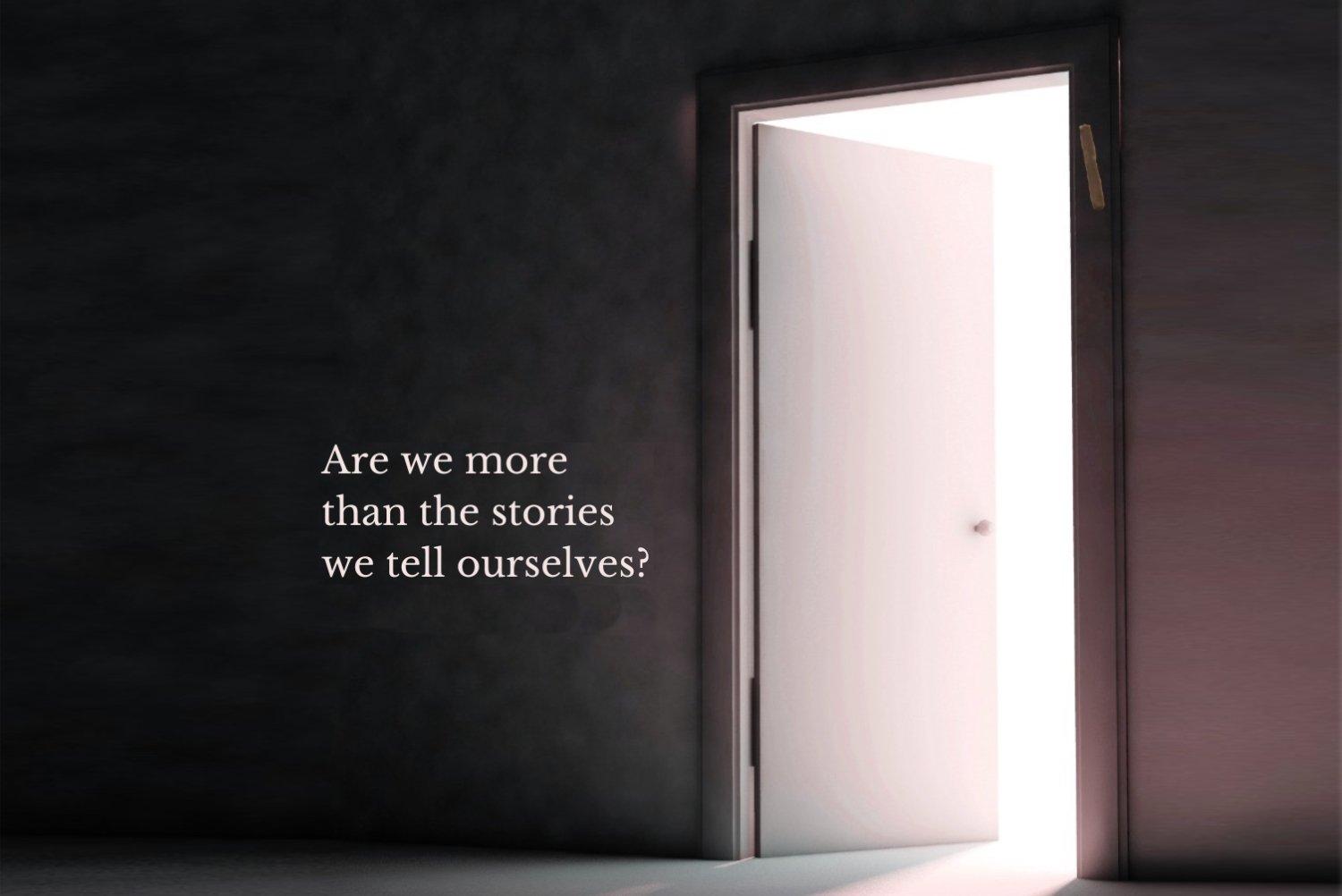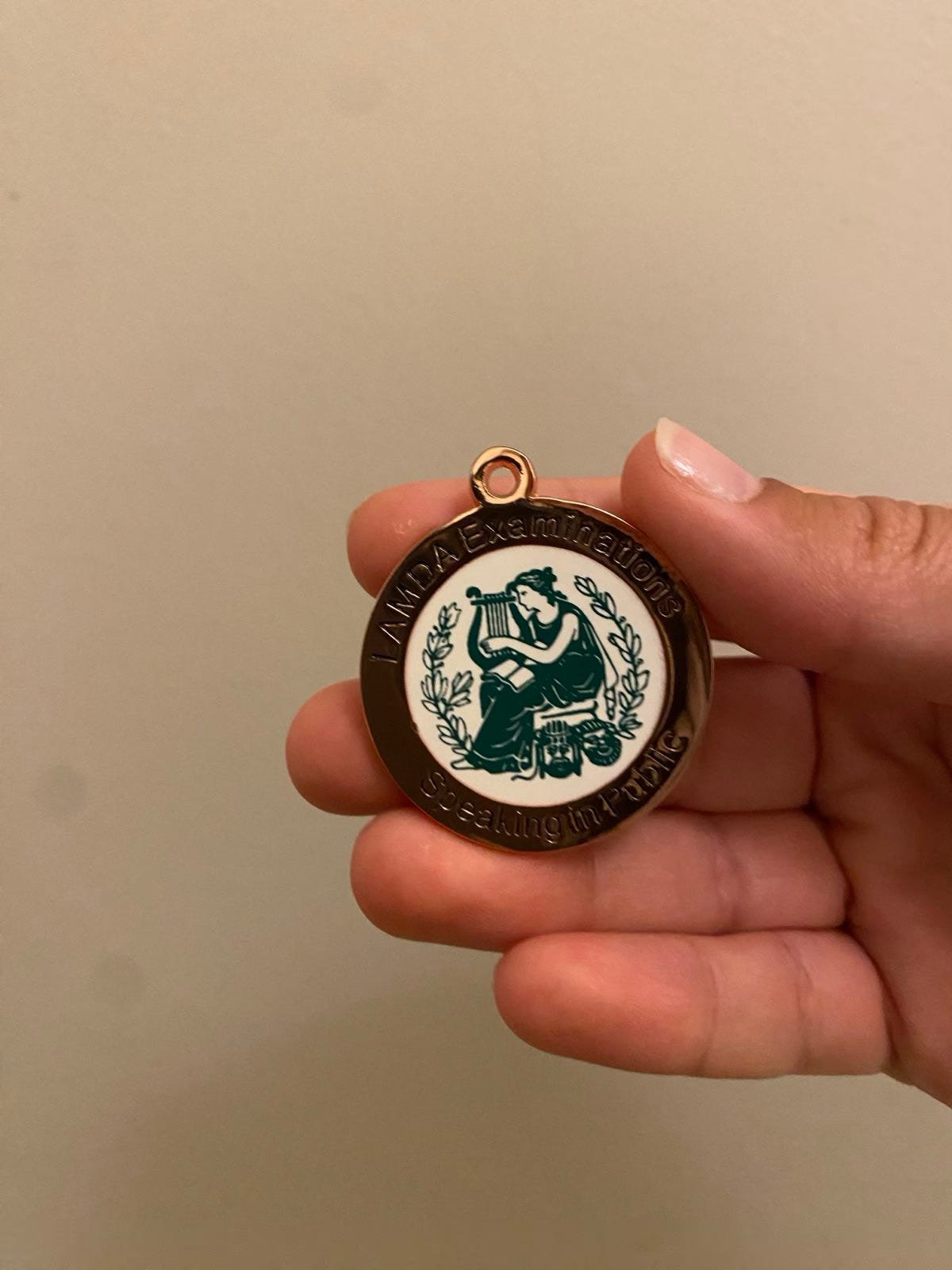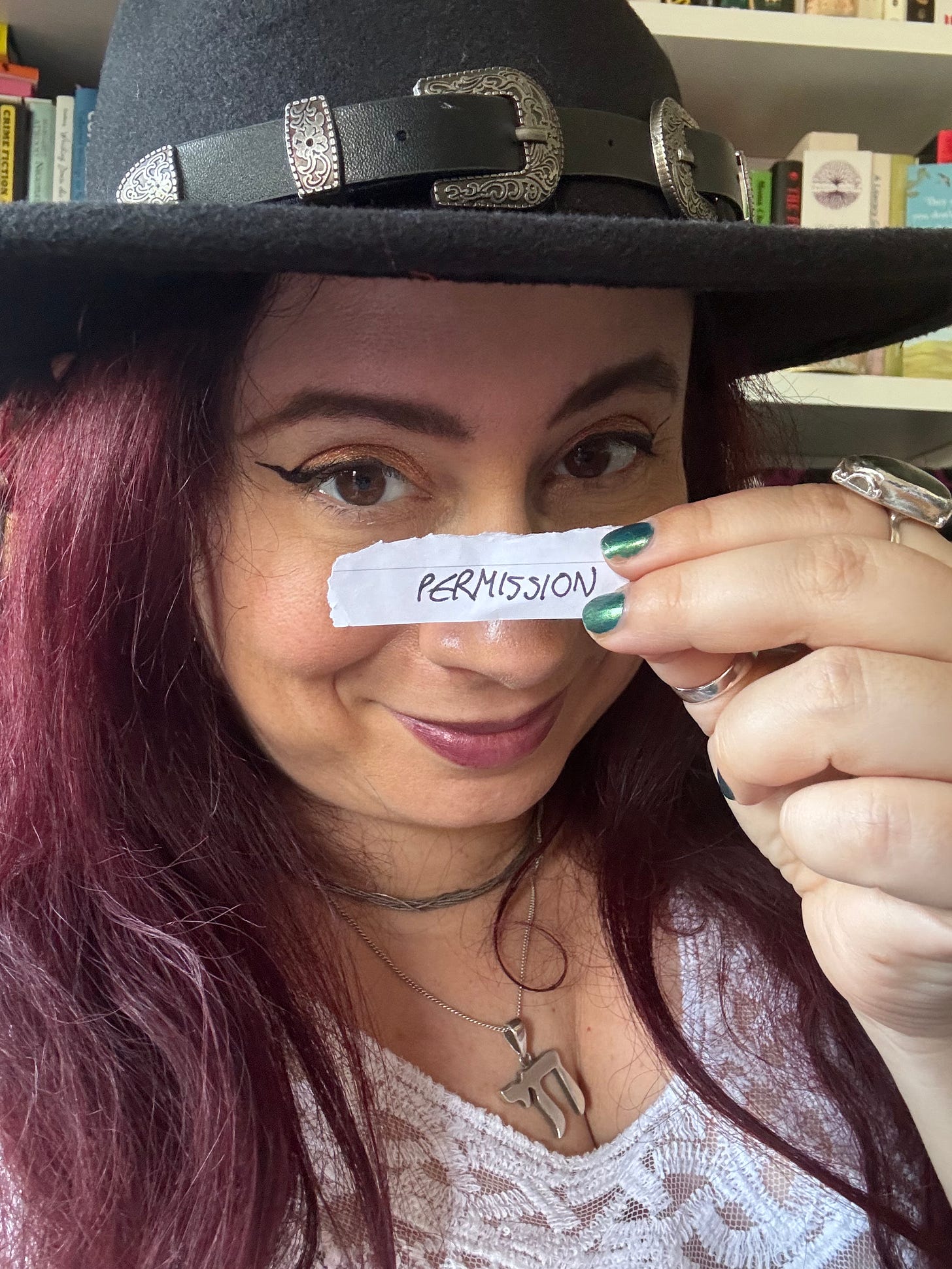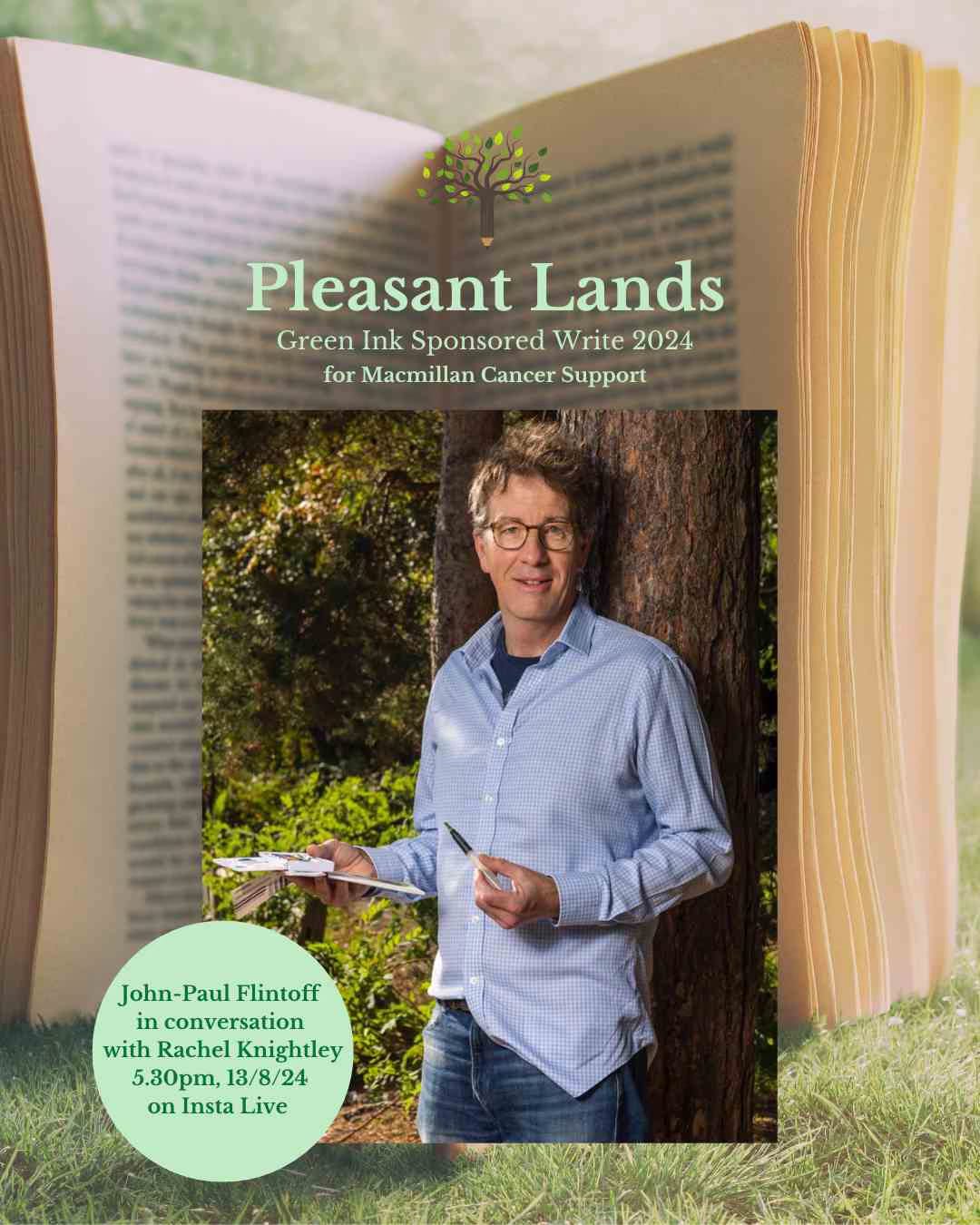By Dr Rachel Knightley for Jewish Renaissance Magazine.
WINTER SPRING, AN AUDIO DRAMA ABOUT JUDAISM, IDENTITY AND STORYTELLING, LAUNCHES THIS FRIDAY. CREATOR DR RACHEL KNIGHTLEY REVEALS THE WHERES, WHATS AND WHY-NOWS BEHIND THE PROJECT.
In approximately 1997, when I would have been 15 or 16, I put up my hand at a prominent author’s Q&A and asked why being Jewish wasn’t ever just one aspect of characters’ lives. It was always the most important or visible thing about them. It was never a thing, but always the thing. That author said there was no point in them being Jewish in the story unless that was the most important thing about them. I didn’t disagree aloud, however strongly I felt this was, at best, the opposite of my own experience – of what Judaism being a fundamental part of my identity felt like. I listened to his answer, saw it as his answer, and knew it didn’t have to be mine. But I continue to disagree and feel that Judaism, if never seen as one of many things about who a character is in themselves, is a significant missed opportunity. How important something is, how intrinsic it is to who you are, doesn’t always equate with how visible it is.
Thinking the opposite, or not thinking about it at all, is why we have that permanent background exhaustion that goes a little deeper every time the BBC posts a picture of ultra-Orthodox male Jews praying in an instantly visible way whenever they talk about anything Jewish – whether that picture is representative of the story or not. The tiredness of having to say (or live with not saying) every day that just as a government doesn’t equal a country, just as a country doesn’t equal a diaspora, just as a diaspora doesn’t equal everyone agreeing about everything any more than a family equals identical units who agree about everything… that I am just as Jewish as any first-in-the-Shutterstock-images choice the news makes. I am just as real a picture of what my identity means.

I don’t directly explore this in Winter Spring, my new audio drama coming out on the Alternative Stories platform on 13 September. Instead, I do something I think there’s far more of a call for, if we really do want society to be about living together rather than apart.
Alice Winter, her brother Ash, and cousin Harris Spring are the third generation of a family property company founded by their German immigrant grandfather, who taught them that the one thing the world would always need are good landlords. Three generations later, in order to survive, Ash has turned the business into an estate agency: the thing their grandfather hated most. A new tenant, known only as Poppy, moves into the top floor of what she discovers used to be their family home. Alice lives in the other flat with Kit, the imaginary friend she’s had since childhood. As stories of future and past fight to be ‘true’, the story asks: Are we more than the stories we tell ourselves?
None of this is autobiographical in its specifics, but it’s ethically autobiographical. It’s what I inherited, not just from my parents and grandparents, but from the songs, the stories and the ceremonies around them that have shaped our life cycles for 2,000 years.
Winter Spring is about what it means for a story to be true. Like audio drama itself, the stories we carry, our truest stories, are without pictures. It’s about remembering that and being ready to listen – to others’ stories and to our own. Because they can all be true.
By Dr Rachel Knightley
An extended version of this article appears on drrachelknightley.substack.com.



